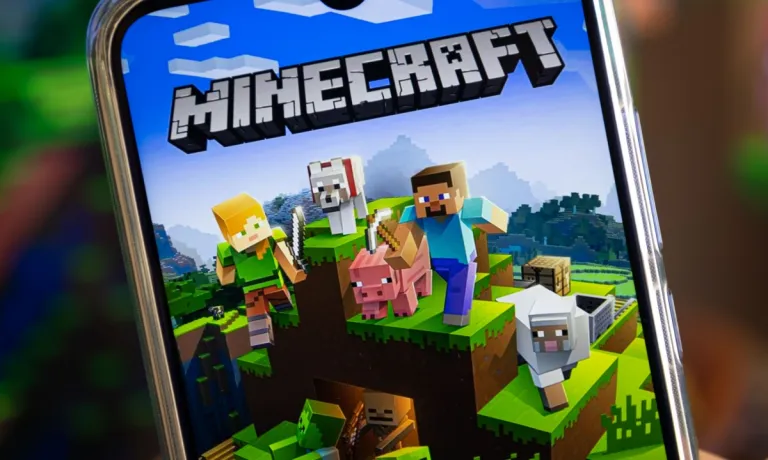Taylor Swift's Faux AI Ad Sparks Fan Frenzy as Unveiled Collaboration Turns Out to be a Clever Ruse
- billy4340
- Jan 15, 2024
- 2 min read
A recent social media advertisement for Le Creuset claimed to feature Taylor Swift, enticing fans with a giveaway of high-end cookware. However, it has been revealed that the ad is a fabricated production, employing a likeness of Swift and a simulated version of her voice to promote the cookware giveaway.
The voice in the ad, claiming to be Taylor Swift, announced, "Due to a packaging error, we can’t sell 3,000 Le Creuset cookware sets, so I’m giving them away to my loyal fans for free," as reported by NBC News. Following its exposure, Meta, the parent company of Facebook, has confirmed the removal of the misleading ad from its platform.
Le Creuset clarified in a statement to Fox News Digital that neither the company nor Taylor Swift was associated with the unauthorized campaign. They urged consumers to verify official Le Creuset social accounts and websites for legitimate giveaways or promotions.
Despite efforts to distance herself from the deceptive ad, representatives for Taylor Swift have yet to respond to Fox News Digital's request for comment.
AI expert Marva Bailer emphasized that while the ad may have employed AI tools, a human decision was responsible for the unauthorized use of Taylor Swift's likeness. Bailer warned against underestimating the legal implications of such actions in the business and branding realm, as marketing professionals are well aware of the contractual rights required for endorsements.
In a rapidly evolving landscape of AI tools, Bailer highlighted the ease with which content can be created and disseminated, reaching global audiences swiftly. She underscored the potential for fake ads to go unnoticed, raising concerns about the creation of imaginary product visuals, fake reviews, and the subsequent disappointment of consumers who fall victim to misleading campaigns.
Taylor Swift joins the growing list of celebrities whose images have been exploited without permission in AI-generated advertisements. The incident serves as a cautionary tale about the challenges posed by rapidly advancing AI technology in the realm of marketing and brand representation.




Comments